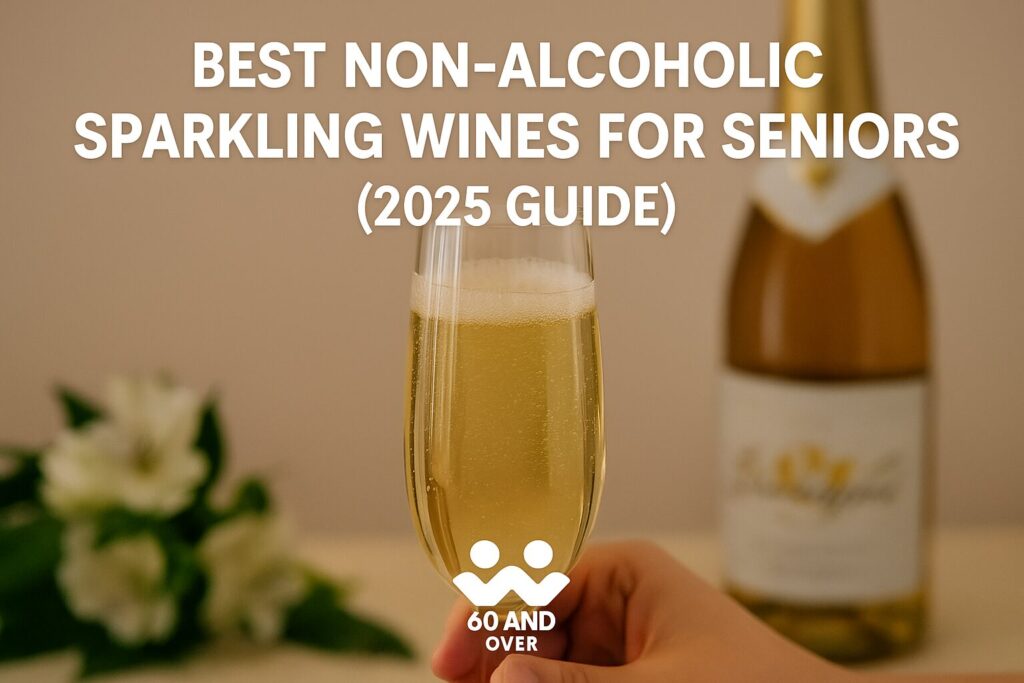A glass of wine can be a wonderful way to relax, socialize, or celebrate life’s moments. But as we age, it’s important to know how wine—and alcohol in general—can interact with our health and medications. Whether you’re a wine enthusiast or an occasional sipper, these safety tips will help you enjoy your wine responsibly and with peace of mind.
Why Wine Safety Matters More After 60
Our bodies change with age, and so does the way we process alcohol. Seniors may feel the effects of wine faster, and the risk of negative interactions with medications or chronic conditions increases. The good news: with some knowledge and a few simple habits, most adults can enjoy wine safely for years to come.
Talk to Your Doctor
Before making wine a regular part of your routine, have an honest chat with your doctor or pharmacist. They can:
Common medications that may interact with wine:
- Blood thinners (like warfarin)
- Diabetes medications
- Blood pressure medicines
- Antidepressants or anti-anxiety meds
- Pain relievers (like acetaminophen or ibuprofen)
- Sleep aids
How Wine Can Affect Health Conditions
- Diabetes: Wine (especially sweet varieties) can raise blood sugar. Opt for dry wines, limit portions, and monitor your glucose.
- Heart conditions: Some studies suggest small amounts of wine may be heart-healthy, but too much increases risk. Always check with your cardiologist.
- Balance & falls: Alcohol affects balance and reaction time—raising the risk of trips and falls.
- Cognitive health: Seniors may feel the effects of wine on memory and concentration more strongly.
Tips for Safe Wine Enjoyment
- Know your limit: For most adults over 65, the CDC recommends no more than 1 drink per day—and not every day.
- Eat before and during: Food helps slow the absorption of alcohol and keeps blood sugar steady.
- Stay hydrated: Drink water alongside your wine.
- Go slow: Sip, don’t gulp, and take breaks between glasses.
- Track your reactions: Use a Printable Wine Log to note if any wine caused headaches, sleep trouble, or other side effects.
- Choose lower-alcohol or non-alcoholic options: There are great-tasting non-alcoholic sparkling wines available (see our guide here).
- Never mix wine with driving: Alcohol affects everyone differently, and it’s safest to avoid driving entirely after drinking.
- Store wine safely: Keep bottles out of reach of children or anyone who shouldn’t be drinking.
Special Cautions
- Medication changes: Always double-check safety when starting a new prescription or over-the-counter medicine.
- Mental health: If you use wine to cope with sadness or loneliness, talk with a trusted friend or professional. There’s always help available.
- Sensitivity: If you notice headaches, stomach upset, or trouble sleeping after wine, consider reducing your intake or switching varieties.
Frequently Asked Questions
Q: Is it safe to drink wine if I take blood thinners or heart medicine?
A: It depends on the medication and your health history. Always ask your doctor before drinking wine.
Q: Are there safer wines for seniors?
A: Drier wines tend to have less sugar. Non-alcoholic wines can also be a good option. Look for quality brands with clear nutrition labels.
Q: Can I have wine every day?
A: Most experts recommend moderation—no more than 1 drink a day for women and men over 65, and not every day.
Q: How can I tell if wine is causing side effects?
A: Use a wine log to track how you feel after each glass and share concerns with your doctor.




